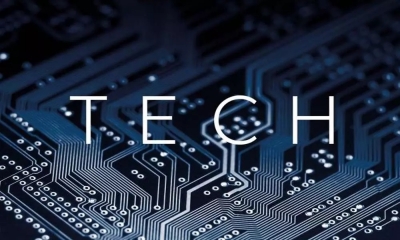New Delhi: The last five years have seen 4,351 consumer tech deals and $54 billion in deal flows in India, a new report has shown, adding that the Indian consumer tech space has seen large value creation with over $250 billion in valuation and more than 40 unicorns (as of December 2022).
The pandemic accelerated digital penetration by 12-24 months across different sectors, thereby boosting the adoption of e-commerce and reaching a total of 350-400 million online shoppers by 2025, according to the report by Boston Consulting Group (BCG) and Matrix Partners India.
In the next 5-10 years, India’s economy is projected to grow by $3.5 trillion, which is equivalent to the amount added since its Independence 75 years ago.
“This growth is expected to result in a remarkable surge in per-capita income, leading to an increase in discretionary spending that has not been witnessed in the past,” said Siddharth Agarwal, Principal, Matrix Partners India.
This presents a unique opportunity for entrepreneurs to tap into a rapidly growing market and contribute to the country’s economic growth while solving real-world problems,” he added.
According to the findings, there is an increasing relevance of omni-channel with 6-8 times growth in digitally-influenced retail spending, reaching $207 million in 2021.
There has been a 1.8x increase in time spent online by consumers on social media and photo/video apps in the last three years, leading to these channels becoming important for e-commerce with the emergence of discovery led shopping and social commerce, the findings showed.
Marketplaces are overtaking search engines as new search sites with 35-40 per cent consumers choosing marketplaces for searches in select user categories, such as electronics, fashion, mobile, food and FMCG and beauty and personal care.
“New online shoppers are not the same as existing ones — they are older, more women, lower income and from smaller towns. This is both an opportunity and a challenge as entrepreneurs and leaders innovate on business models to serve the new consumer,” said Parul Bajaj, Managing Director and Partner, Boston Consulting Group.
Consumers are seeking quicker gratification with shorter delivery options, leading to the emergence of Q-commerce, which has rapidly increased to 25-30 per cent of the overall online grocery market.
“New commerce models such as assisted and conversational commerce, influencer commerce, live/video commerce and group buying could provide an impetus to existing and new shoppers,” said the report.
IANS






































